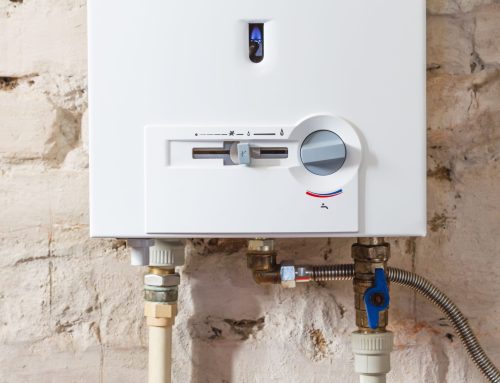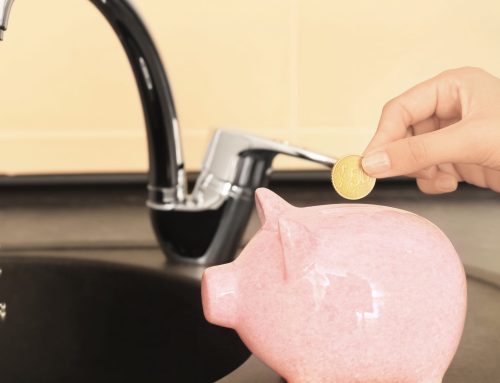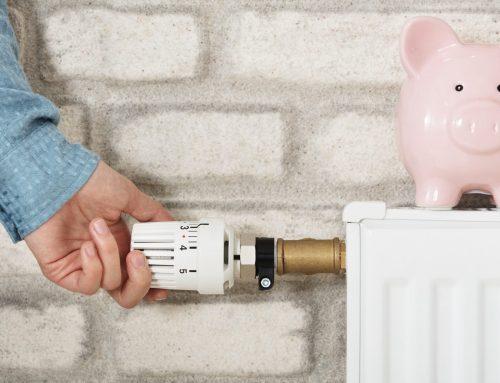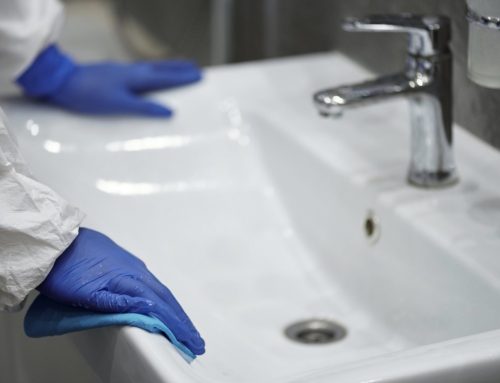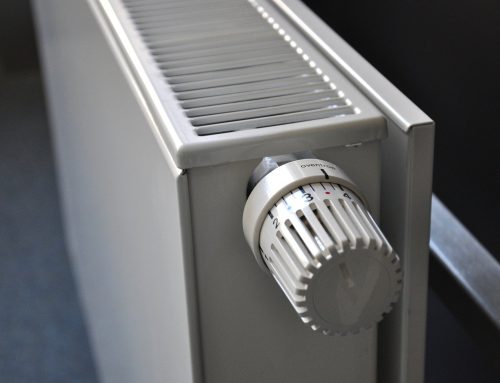Central heating and running water are essential needs throughout the year, but they become vital during the colder days of the winter. As the days are shorter, people tend to spend more time at home. So, the last thing we need is plumbing problems in our households.
Here are some tips that can help you get through the winter avoiding plumbing problems.
1. Insulate pipes
During the winter, these can freeze and lead to a blockage and burst pipes. In order to prevent this problem, look for pipes in un-insulated areas of the home, such as those in the home’s outer walls. These are more likely to freeze and should be insulated using towels, fibreglass or foam.
In the event of extreme temperatures, it is a good idea to let faucets drip slowly to allow water flow. Also, use warm interior air around the pipping to let air circulation to reduce the risk of frozen pipes, by opening drawers, cabinets or doors around the house.
Remember to disconnect and drain your hose during the cold weather if you are not using it. A water-filled hose left outside during the winter can freeze. If it is still connected to the tap, the ice can back up into the pipe inside your house and cause it to crack.
2. Drain your water heater
Your water heater is more important now than any other time of the year, so make sure it is running optimally. During the months when they are not being used, sediment can build up in the tank, which causes rust to develop inside. This rust can affect your water for showering, drinking and cooking.
This is why it is so important to drain your water heaters every year, especially if they haven’t been used in a while.
3. Avoid putting grease and oil down the drain
When the temperature is lower, grease and oil down the drain are more likely to clog up the waste pipes and lead to bad smells and backed-up pipes.
4. Keep an eye for water line leaks
During the winter months, a water leak can be a serious problem. The pipes in your home can be old, and by adding cold weather, the pipe can freeze. So, make sure to fix this problem before the cold days arrive. These leaks often get larger and more problematic, so be sure to repair them before it’s too late.
5. Book your boiler for an annual service
Your boiler needs an annual service to make sure it is operating to its optimum capacity and also to prevent any major breakdowns during the colder days. A poorly maintained boiler can be very dangerous and leave you without heating or hot water for a few days in the icy weather.
Remember. Don’t waste energy but don’t allow your home temperature to go too low!
If you are going away for the Christmas holidays, avoid turning down the heating completely, as it increases the risk of frozen and ruptured pipes. This damage will become worse if you are away for days, weeks or even months.
To prevent this, the home temperature should not be set lower than 7 degrees. This solution offers maximum savings in the long term while protecting against frozen pipes.

